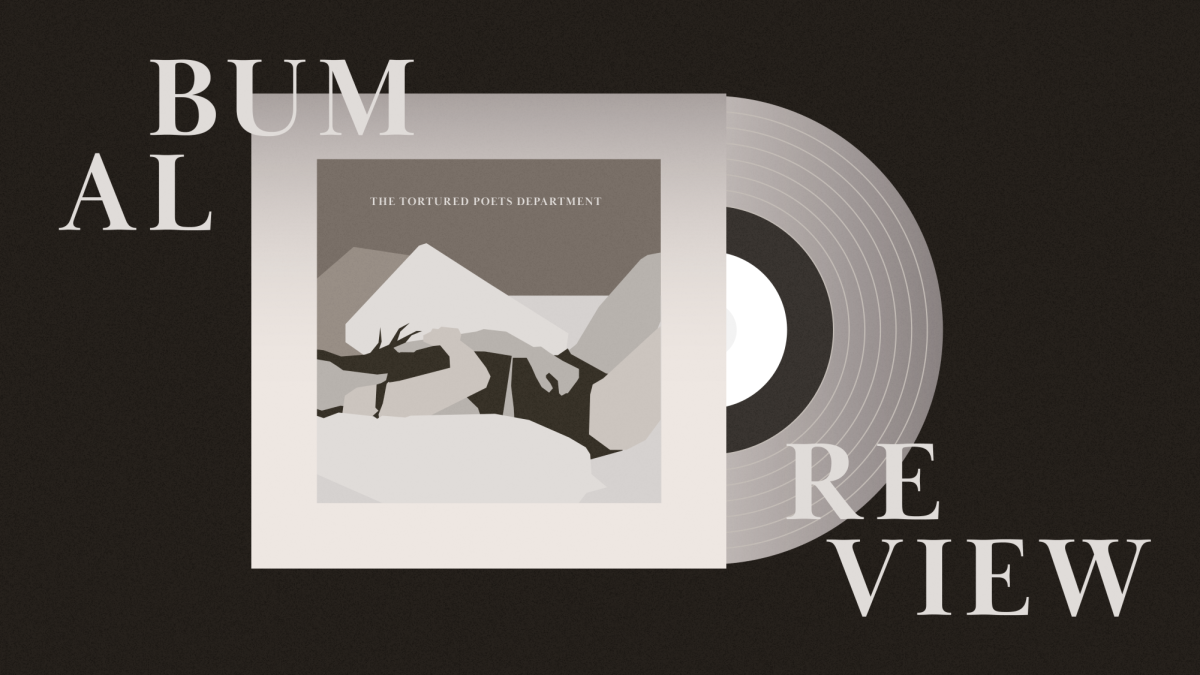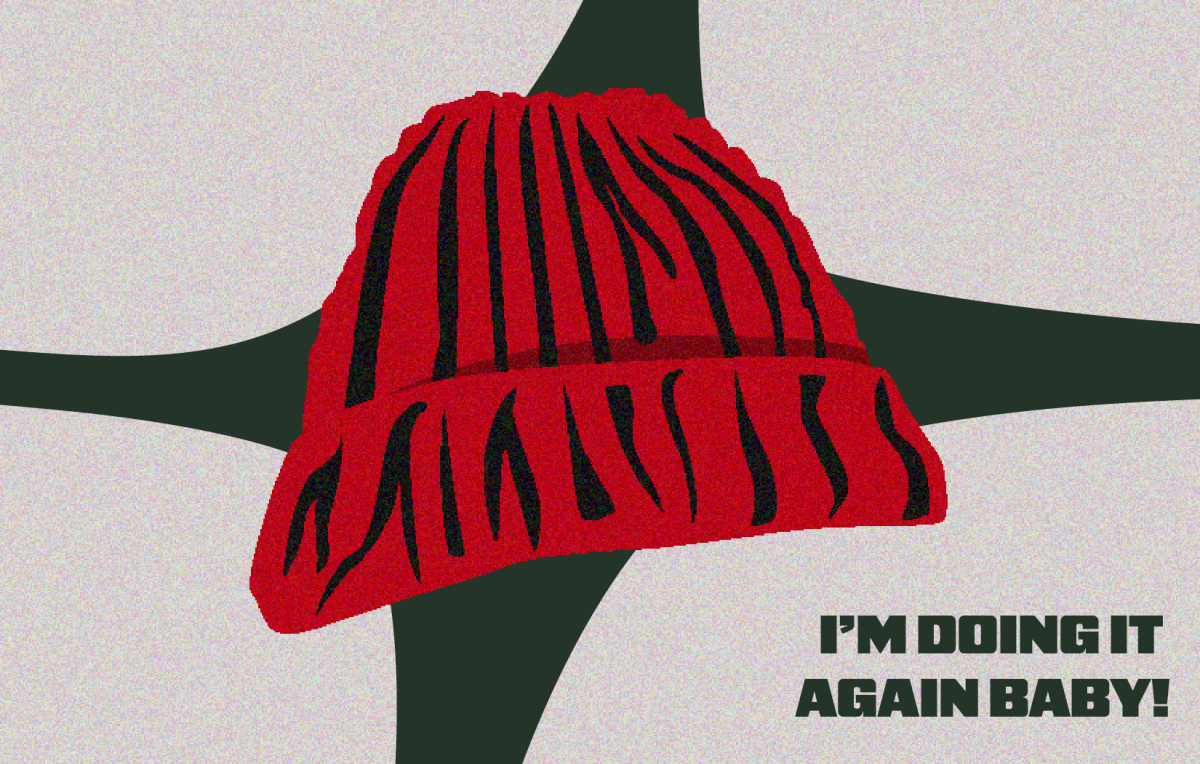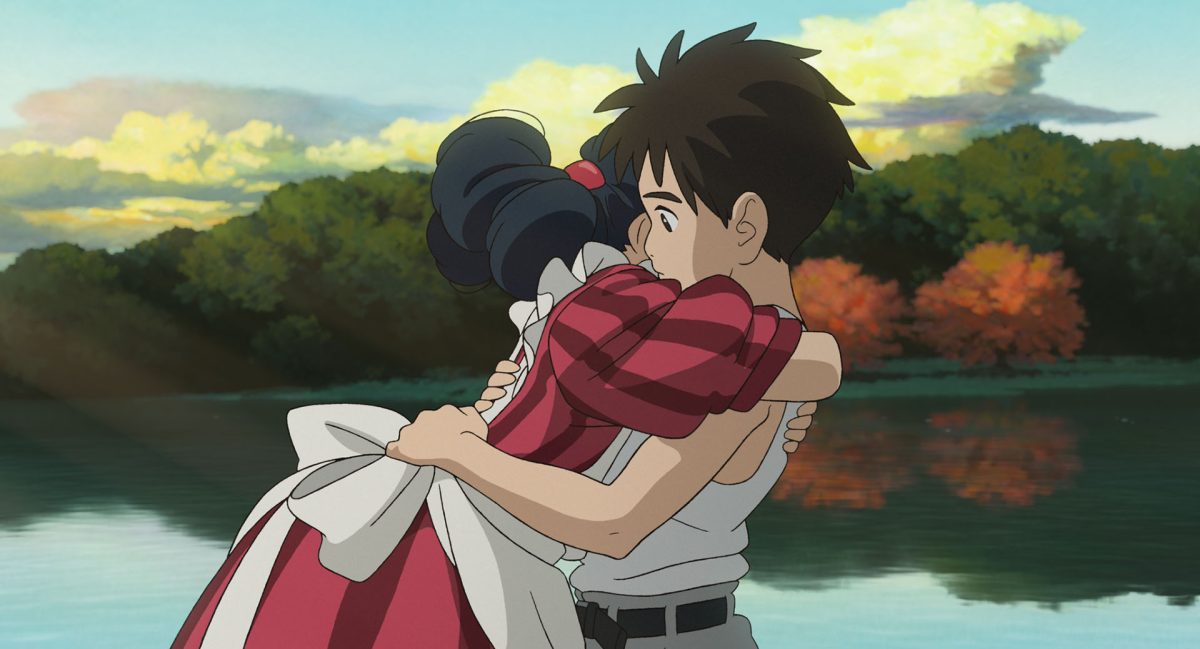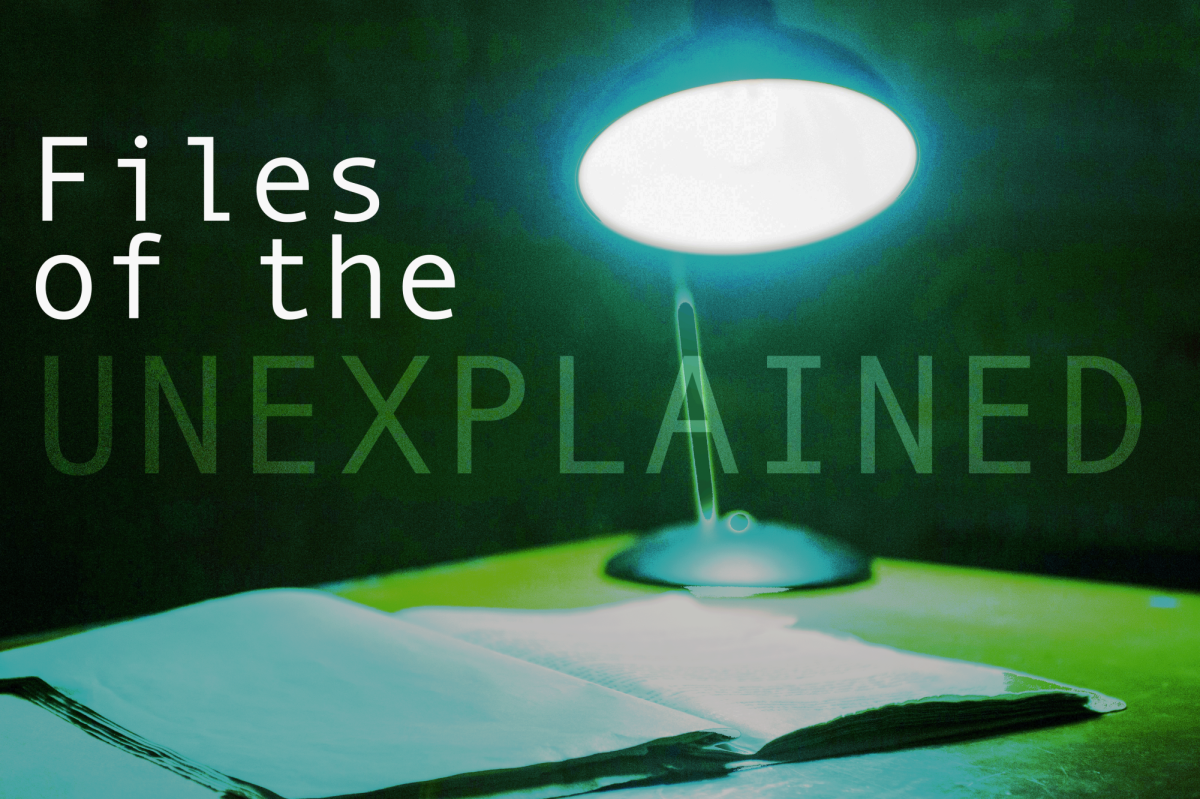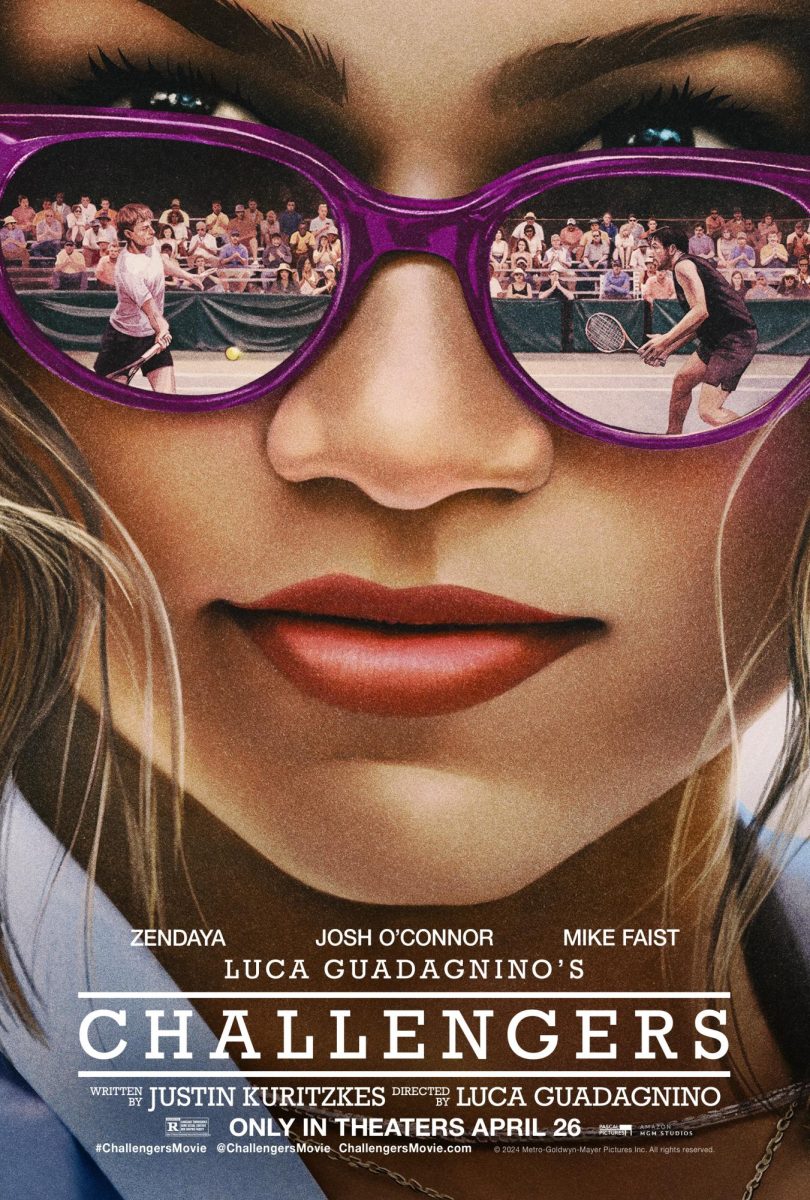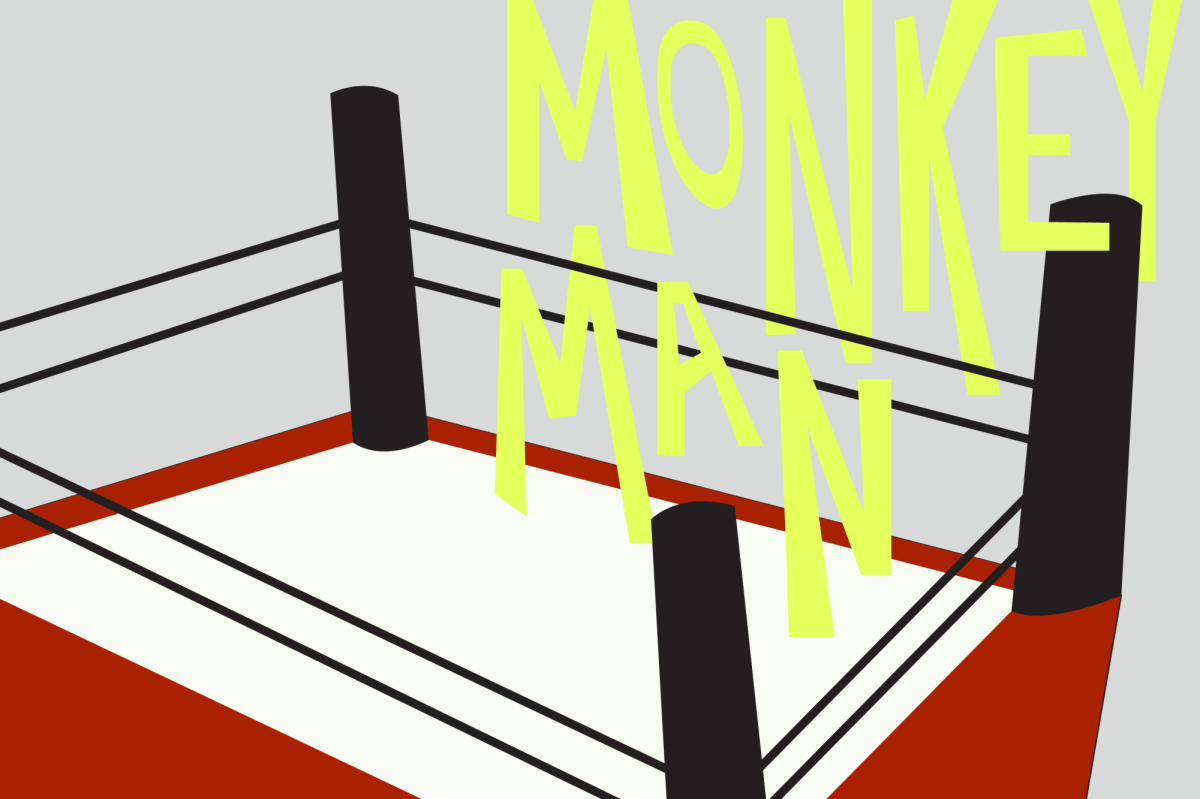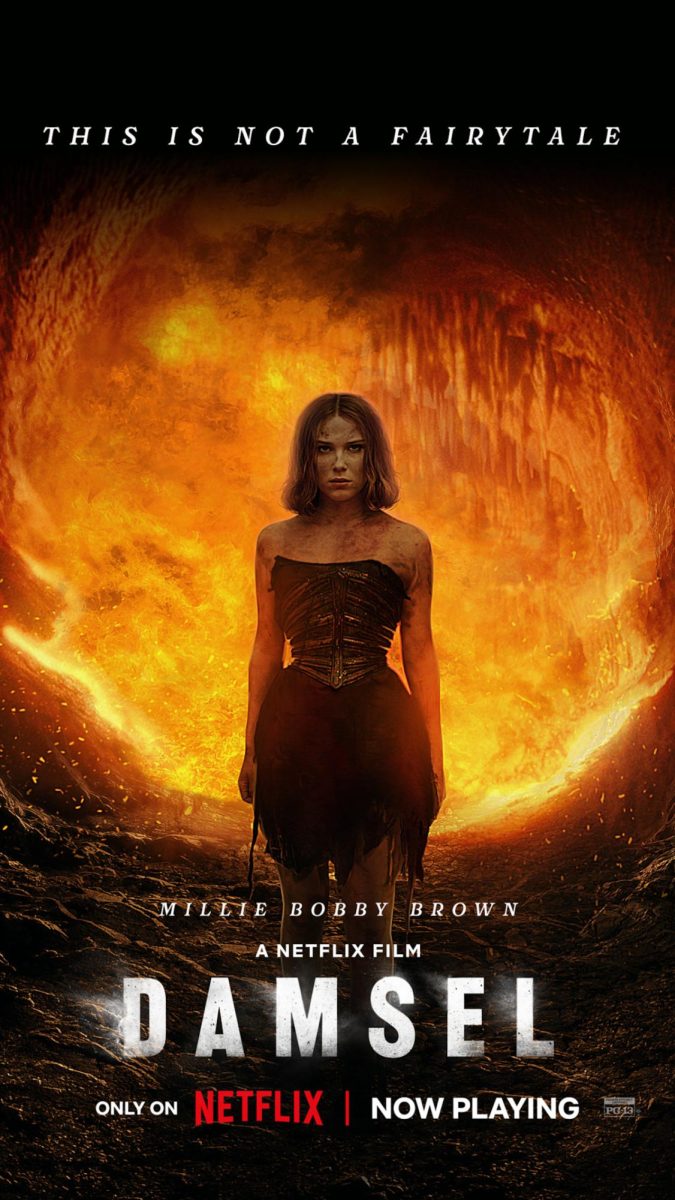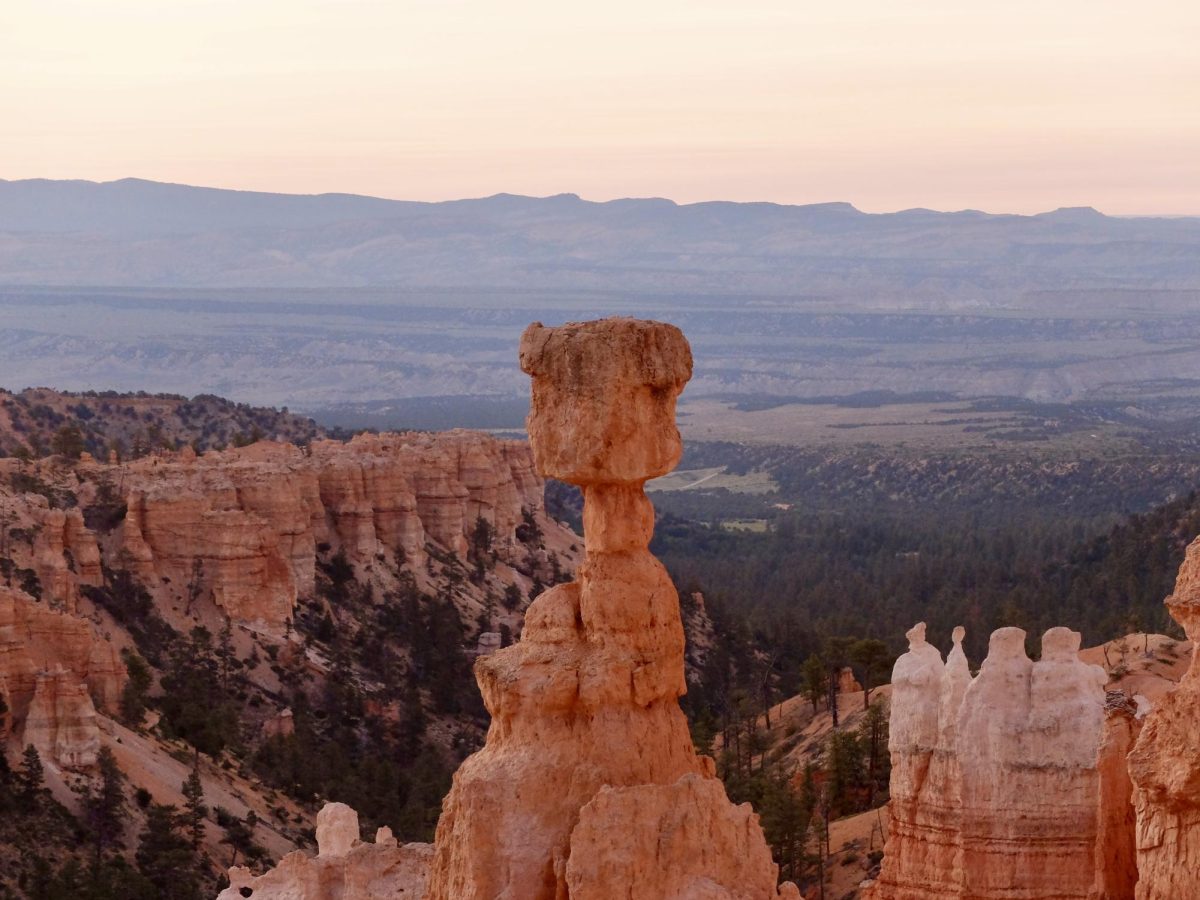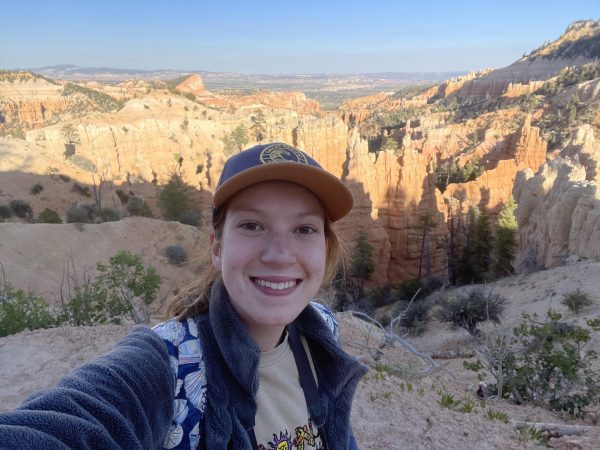This past April I was slated to write a review for “Stewart Udall: The Politics of Beauty,” a documentary by John de Graaf. I found my seat in the University of Utah’s College of Law theater and watched the film with the 20 other audience members. After the film had ended, we had a Q&A with de Graaf. It was like I was at a Sundance screening. The whole event would have made a great article, yet I never wrote it. The article was scrapped partially because finals were approaching. But I also didn’t feel I was the right person to speak about the politics of beauty.
When voicing opinions in public, it is common to ask what qualifies someone to speak on the topic and if they have the necessary knowledge to back up what they are saying. Last April, I left the theater very impacted by the knowledge I’d gained from hearing of Udall’s life. Yet, I convinced myself that I’m not qualified to speak on the topic.
Then, in late June, I spent a weekend at Bryce Canyon National Park in southern Utah. I was there for its centennial year with the U’s Nature Photography class. I began to realize that not speaking up, or feeling I was not qualified to have an opinion when it comes to our environment, is against everything that Udall fought for and the message of de Graaf’s film.
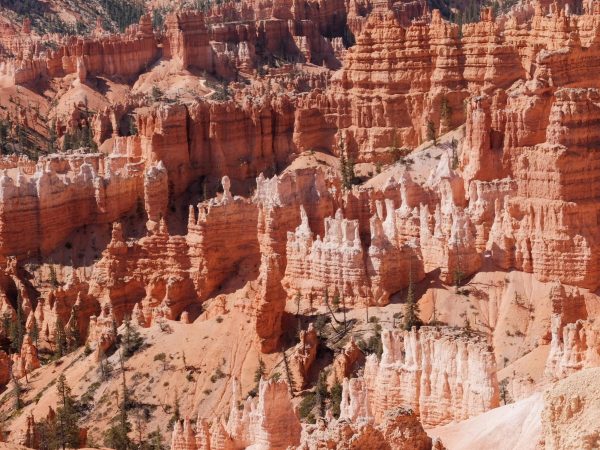
Stewart Udall: The Politics of Beauty
Udall was United States Secretary of the Interior under Presidents John F. Kennedy and Lyndon B. Johnson in the 1960s. He grew up in Arizona, spending time in the southwest United States when not working in Washington D.C. After serving four years in the Air Force during World War II, Udall returned to Arizona and finished his education at the University of Arizona. After receiving his law degree, Udall served in the U.S. House of Representatives for three terms, and, starting in 1961 he served as Secretary of the Interior.
Throughout his work in the House and as Secretary of the Interior, Udall and his department assisted with major environmental legislation such as the Clean Air Act, Clean Waters Restoration Act, and the Endangered Species Preservation Act of 1966. Udall oversaw the addition of many national parks, monuments, historic sites and wildlife refuges.
A long-time friend of poet Robert Frost, and the reason Frost recited a poem at Kennedy’s inauguration, Udall spent efforts supporting the arts because he couldn’t contribute artistically. Udall helped set in motion projects that would eventually become the Kennedy Center, Wolf Trap National Park for the Performing Arts and National Endowments for the Arts and Humanities. Udall was also an early advocate for desegregation.
Trying to name someone who contributed in as many positive ways to the United States as Udall would be hard to do.
We get to enjoy all that the Earth has to offer. Breathing in crisp air, brushing your feet in green grass and seeing rivers run across the land, our encounters with nature, big or small, are meaningful and precious. You don’t need a degree in environmental science to know the importance of the Earth we share and speak of the beauty of the land. I was wrong in thinking that I couldn’t share my experiences with nature when I backed out of the article in April. Nature and its beauty inspires us all.
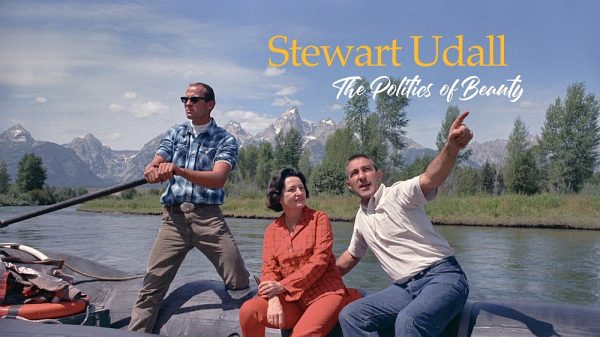
Nature Inspiring Art
Movies are about suspending disbelief and transporting yourself to a fictional place. Even if the film is factual, you are seeing the places and people through the filmmakers’ eyes. What we see is never exactly how the place would be in real life. Movies can disconnect us from the world around us, always longing for a distant place instead of what’s real.
Seeing the hoodoos of Bryce Canyon, I was thinking about how all of the films we see, though fiction, are all influenced by real life. The artfully orange desert in Wes Anderson’s recent film, “Asteroid City” takes influence from the American southwest deserts, not far off in appearance from Bryce Canyon. We are witnessing right here art made from life, beauty on screen made from the beauty of the real world.
Check out a short video I made inspired by Anderson’s artistic film style below:
We can’t forget how important it is to protect our world. It is so vast, so beautiful and it is the setting for our lives. While I don’t have a degree in environmental science, I do know the feeling you get when you see the sunrise and slowly paint across the canyon. That’s beauty, and that’s what art is made of.


